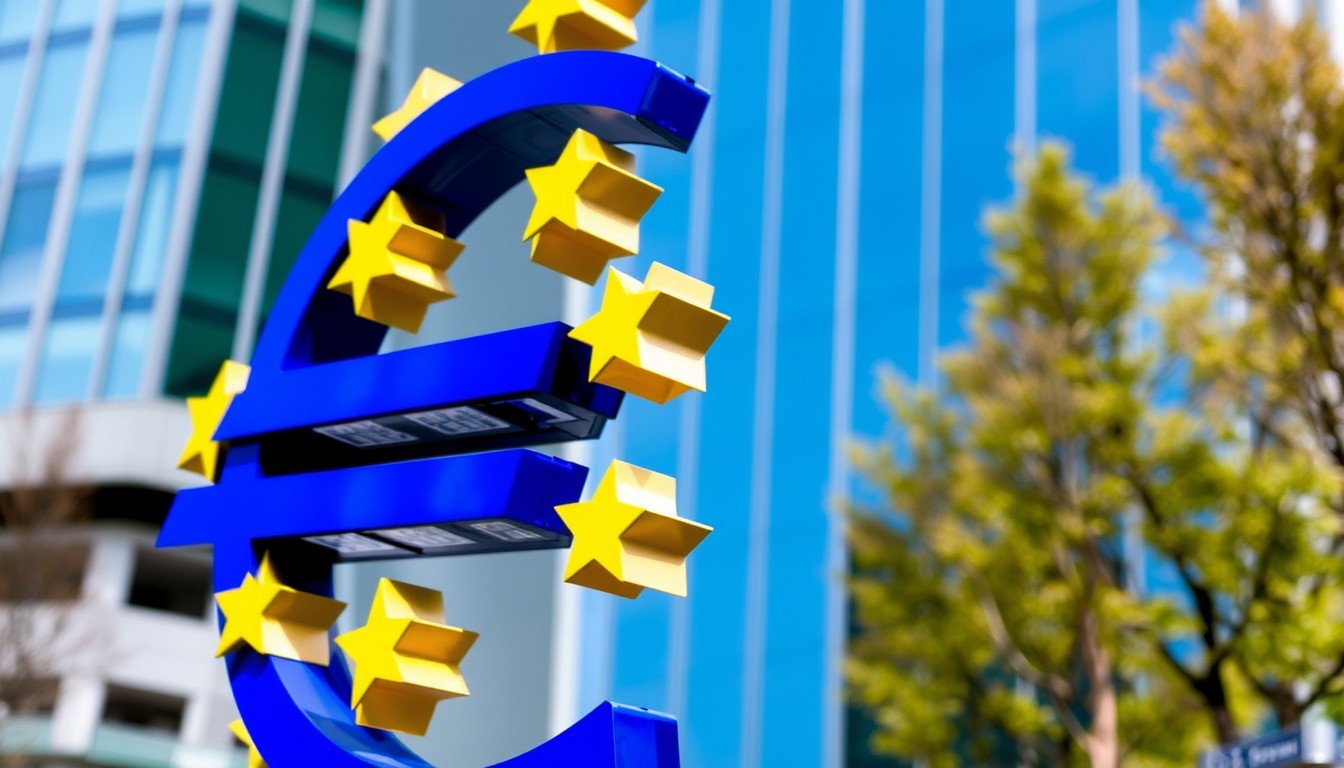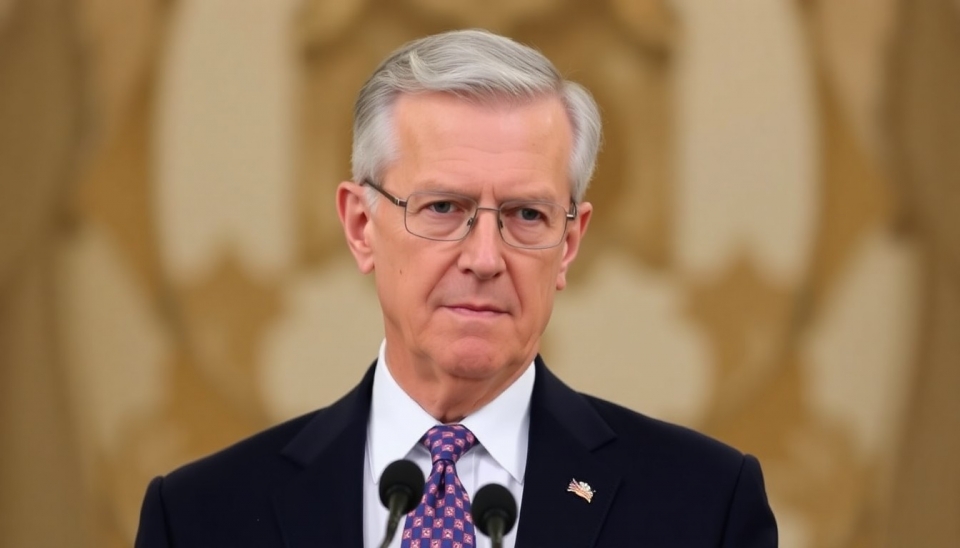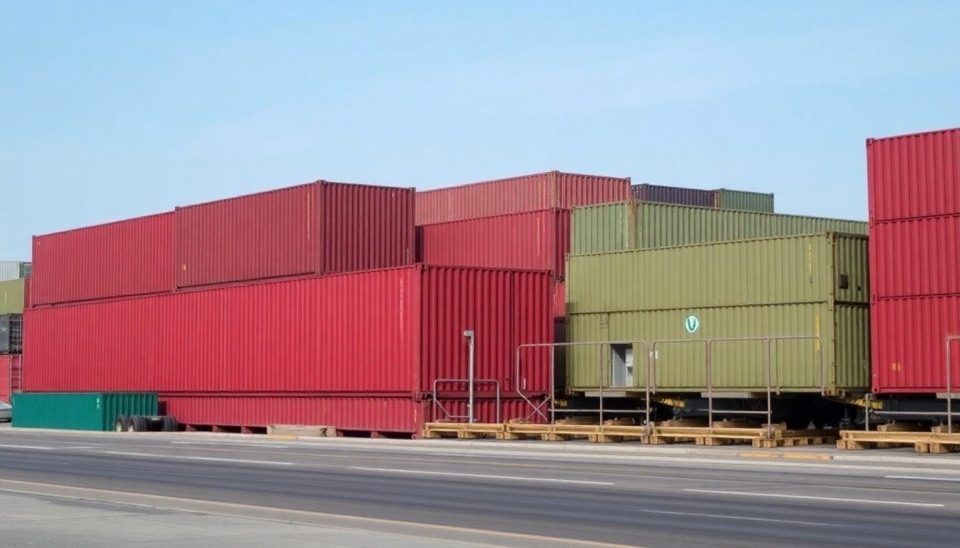Euro Zone Inflation Hits Three-Year Low, Boosting Rate Cut Chances

Recent economic data shows a significant drop in inflation in the euro zone, which fell to a three-year low in August, calling into question the need for further interest rate hikes by the European Central Bank (ECB). The inflation rate in the region stood at just 3%, the lowest figure since late 2021. This event undoubtedly sparks discussions about potential measures for easing monetary policy.
Published data reveals that falling prices for energy and food have significantly impacted the overall inflation level. Notably, food prices decreased by 1.5% year-on-year, and energy costs have also dropped, contributing to the overall decline. Economists note that this trend may continue, which in turn would allow the ECB to consider a reduction in interest rates.
Previously, the central bank maintained a tight monetary policy to curb price growth; however, with such data on declining inflation, its policy may need to be reassessed. In light of the new indicators, experts predict that the ECB might begin the rate-cutting process as early as next calendar year.
Lower inflation could also impact economic growth in the region, boosting consumer spending. If the central bank follows through with its easing policy, this could lead to increased lending and more optimistic sentiments among consumers and investors.
Overall, the recent drop in the inflation rate in the euro zone presents new challenges and opportunities for the region's economic policy, creating likely scenarios for the ECB's future decisions.




